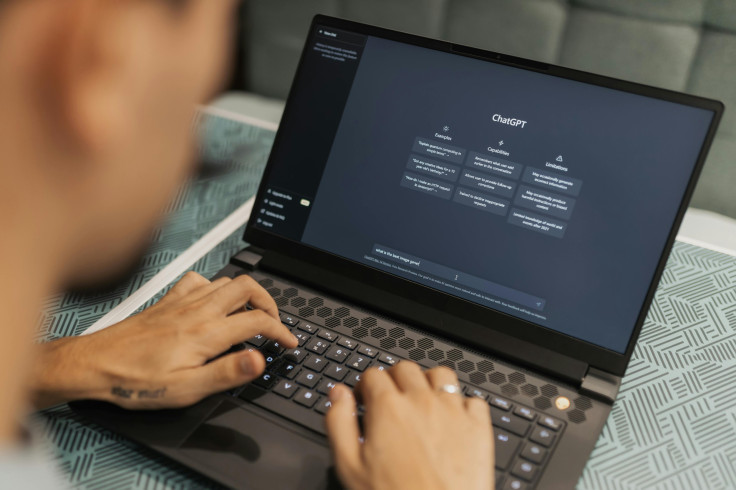Back to Pens and Paper: How US Universities Are Ditching Tech to Beat ChatGPT With Old-School Exams
Many students still use AI, and detection tools often fail

As artificial intelligence rapidly reshapes every aspect of life, US educators are now grappling with a new crisis: a surge in academic cheating driven by AI tools like ChatGPT. In response, some schools are ditching digital learning aids and turning back the clock—reviving handwritten exams to defend academic integrity.
Artificial Intelligence (AI) is upending the American education system. Tools like ChatGPT can now draft essays and answer complex questions in seconds. Students, especially in high school and university, are increasingly leaning on these technologies, letting algorithms do the thinking and writing for them.
Analogue Makes a Comeback
To stem this digital tide, some educators are embracing old-school tactics. As The Wall Street Journal reports, sales of blue books—those dreaded lined exam booklets once standard in US classrooms—have surged since the end of 2022, when ChatGPT became widely available. Major public universities across the country have seen bulk orders skyrocket as in-class, handwritten tests return to favour.
The Resurgence of Blue Books
Columnist Ben Cohen noted in the WSJ that blue book sales rose by more than 30% at Texas A&M University and nearly 50% at the University of Florida during this academic year. At UC Berkeley, sales at the Cal Student Store have soared by 80% over the past two school years.
These increases reflect growing concerns about the integrity of take-home assignments. As Gizmodo's Lucas Ropek observed, blue books were never easy, demanding quick, analytical writing under pressure—an experience many educators believe is harder for AI to replicate.
A Flawed But Necessary Defence
While blue books offer a tangible counter to AI-driven shortcuts, they're no silver bullet. The WSJ notes that Roaring Spring Paper Products, the family-run company that manufactures most blue books, has benefited from the shift—but the underlying issues persist.
Philip D. Bunn, an assistant professor at Covenant College, argues that while in-class essays may help, they can't fully replace longer, researched papers. 'The process of writing a paper outside of class cannot simply be replicated in a blue book exam,' Bunn writes. 'Something serious is lost if we give up entirely on the traditional essay.'
More Than Detection: The Need for Reform
Even with a return to analogue methods, the academic landscape remains under threat. A recent survey found that 89% of college students admitted to using ChatGPT for homework.
Detection software often fails to identify AI-generated work, and many students now treat education like a game—aiming to outwit the system rather than engage with it. As the arms race between tech and integrity escalates, educators argue that the solution may lie in policy, not paper.
Without strong regulation and clear ethical guidelines for AI use, America's intellectual standards could continue to erode. The blue book might buy time—but systemic change is what's truly needed.
© Copyright IBTimes 2025. All rights reserved.






















